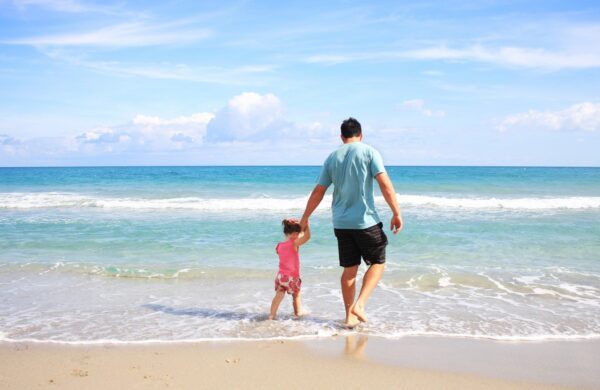Fair Seas has published the results of its first Ocean Literacy Survey which highlights that 76% of Irish people believe “lack of political will to protect or manage the ocean effectively” is the greatest threat to Ireland’s seas. Almost 1,300 people provided their views on their relationship with the sea and a range of issues.
Some of the key findings include:
- 98% of people surveyed support Marine Protected Area (MPA) designation to some degree.
- In total, 99% of respondents indicated that protecting the marine environment is either important or very important to them on a personal level.
- 76% of people selected lack of political will to protect/ manage the ocean effectively as the biggest threat to the ocean, this was followed by marine litter and plastic pollution (72%), overfishing (68%), climate change (59%) and destruction of habitats at the coast or in the sea (59%).
Fair Seas is accelerating its campaign to protect, conserve and restore Ireland’s marine environment and has launched a national petition to have the Marine Protected Areas Bill enacted without delay. It is asking people to add their name and call on Ireland’s leaders to release strong legislation before the end of 2023.
The coalition of Ireland’s leading non-governmental organisations and networks wants to see binding targets committing to effectively protecting 30% of the seas around Ireland by 2030, with 10% strictly protected. The group is calling for stakeholder engagement at every stage, clear delivery timeframes and a robust management framework, with targeted, site-specific measures to ensure MPAs deliver for nature.
Aoife O’Mahony, Campaign Manager with Fair Seas said, “Progress is not fast enough, the MPA Bill was promised before the summer recess. We need to see this legislation published as soon as possible. It needs to be strong, legally binding and capable of doing the job it sets out to do. Hundreds of people took part in our Ocean Literacy Survey, spending at least 15 minutes sharing their views and concerns which adds up to more than two weeks in total – this alone demonstrates the personal commitment Irish people have to ocean conservation. It’s significant that three-quarters recognised the lack of political action as a threat to our ocean and we are urging politicians to listen. We hope our new petition will again demonstrate that the electorate wants our elected politicians to act now. Together we can make a difference and safeguard our ocean for future generations.
Dr Emma McKinley, Senior Research Fellow from Cardiff University, who worked with Fair Seas on the survey added, “This study suggests that people across Ireland are very engaged and connected to their marine environment and are aware of the benefits that they and wider society gain from a healthy ocean. The information gathered through this study provides a valuable benchmark for understanding ocean literacy in Ireland and will be a useful tool for future work in further exploring human-ocean relationships and how understanding these can support Ireland in ensuring a healthy, productive and sustainable future for its maritime area.”
Dr Donal Griffin, Marine Policy Officer with Fair Seas said, “The ocean is the world’s largest ecosystem and absorbs around a quarter of global annual CO2 emissions, however in many respects its health is in steep decline. The latest UN progress report states that destructive trends haven’t abated and that the ocean continues to be endangered by rising acidification, declining fish stocks and mounting plastic pollution. More concerted efforts to expand marine protected areas and coordinated global action is urgently needed. Strong MPA legislation should be prioritised as a matter of urgency. This legislation will provide the necessary certainty for all stakeholders, including fishers and offshore energy groups, all of whom have also expressed a desire to see this legislation moved forward effectively.”
For more information about Fair Seas visit here and the full press release from Fair Seas can be read here.
The full Ocean Literacy Survey can be read here.
